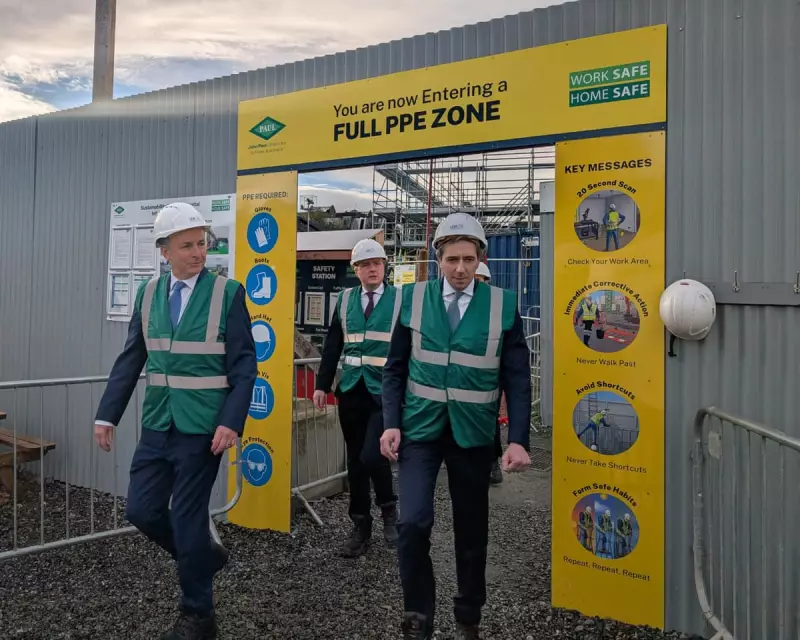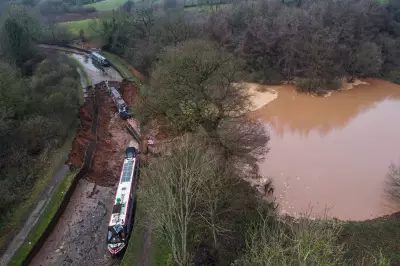
The Irish government has unveiled what it describes as the most ambitious housing plan in the nation's history, setting a target to construct 300,000 new homes within the next five years. This radical initiative aims to directly confront the severe housing shortage that has plagued Ireland for years.
A Bold Response to Housing Crisis
Taoiseach Simon Harris announced the comprehensive strategy on Wednesday, emphasising the government's determination to tackle what has become one of Ireland's most pressing social and economic issues. The plan represents a significant escalation in housing delivery targets, building upon previous government efforts that have seen construction numbers increase in recent years.
The 300,000-home target will be pursued through a multi-faceted approach that includes both public and private sector involvement. Minister for Housing Darragh O'Brien described the initiative as "a step change" in how Ireland addresses its accommodation needs, acknowledging that previous measures, while helpful, had not been sufficient to meet demand.
Breaking Down the Numbers
The government's analysis suggests this accelerated construction programme could potentially add approximately 1.5% to Ireland's GDP growth annually through 2030, highlighting the significant economic implications beyond simply addressing the housing shortage. The construction boom is expected to create thousands of jobs in the building sector and related industries.
Of the total 300,000 homes, a substantial portion will be designated as social and affordable housing, addressing concerns that market-rate construction alone cannot solve the affordability crisis that has left many unable to purchase homes or facing exorbitant rental costs.
The plan comes amid growing pressure on the coalition government to demonstrate tangible progress on housing ahead of the next general election. Opposition parties have consistently criticised the government's handling of the crisis, with homelessness figures remaining stubbornly high despite increased construction in recent years.
Implementation Challenges and Infrastructure
Experts have questioned whether Ireland's construction sector possesses the capacity to deliver on such an ambitious timeline, given existing labour shortages and material supply chain challenges. The government has indicated it will address these concerns through training initiatives and streamlined planning processes to accelerate development.
Infrastructure coordination represents another critical challenge. The success of the housing plan will depend on parallel investments in transport, utilities, schools, and healthcare facilities to support new communities. Minister O'Brien acknowledged this interdependency, stating that the plan would be closely coordinated with other government departments.
The announcement has been met with cautious optimism by housing advocates, who welcome the increased ambition but emphasise that delivery will be the true measure of success. Previous government housing targets have sometimes fallen short, leading to scepticism about whether this new goal can be achieved within the proposed timeframe.
As Ireland prepares for this unprecedented housing construction push, all eyes will be on the government's ability to transform this ambitious blueprint into actual homes for its citizens. The success or failure of this initiative will likely have profound political consequences and could redefine Ireland's approach to housing policy for generations to come.





